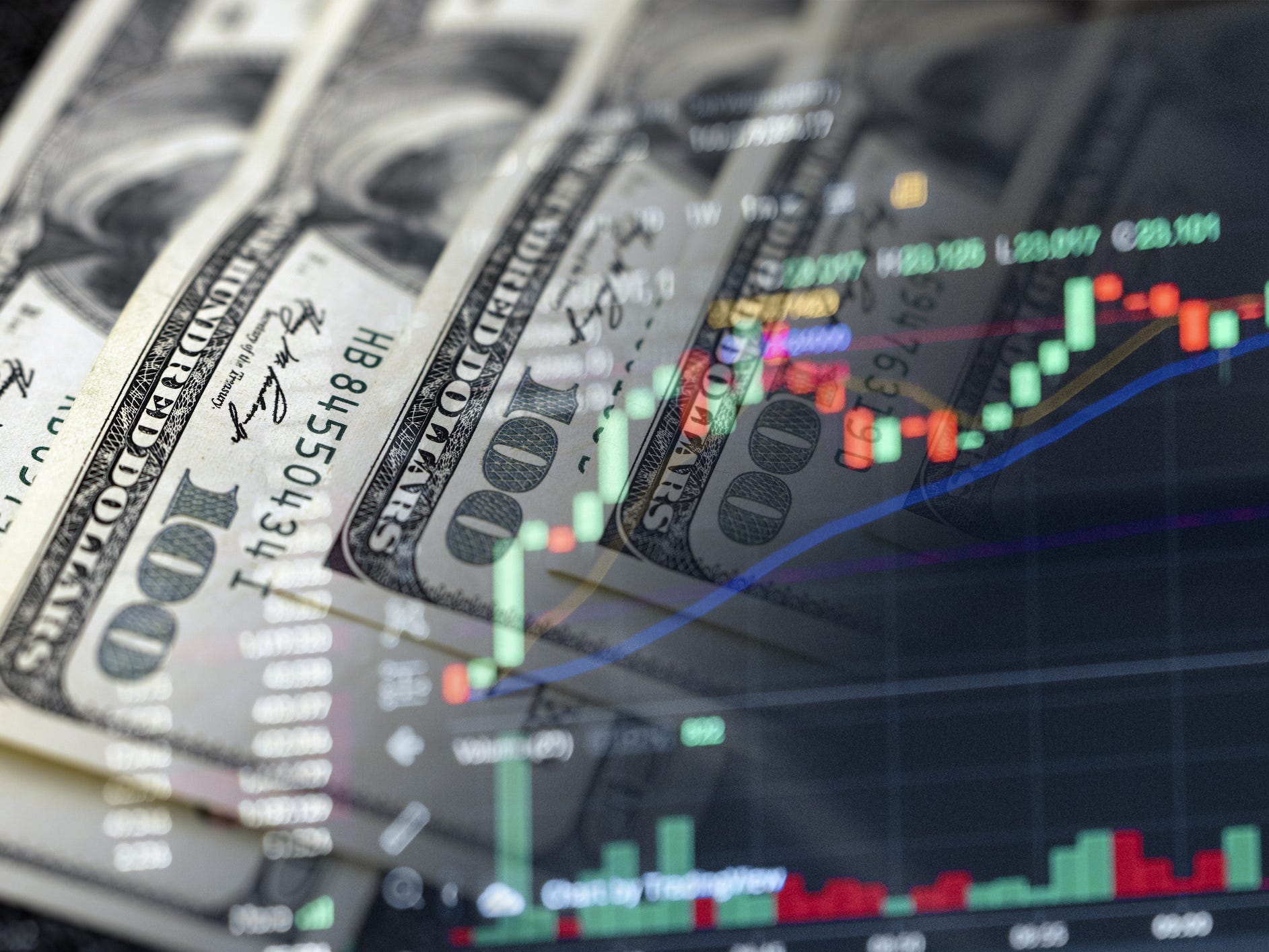URGENT UPDATE: Tech guru Erik Gordon warns that the ongoing AI boom will lead to losses for investors far exceeding those suffered during the dot-com crash. Gordon, a professor at the University of Michigan, claims that the scale of the AI bubble—highlighted by the recent downturn of AI startup CoreWeave—poses a significant threat to investors.
Just days ago, CoreWeave’s shares plummeted by 30%, erasing approximately $23 billion from its market capitalization after reporting widening losses. Gordon argues that the pain inflicted on investors will be “more painful” than the losses seen in the early 2000s when the dot-com bubble burst. He describes the current situation as an “order-of-magnitude overvaluation bubble.”
Gordon’s comments come on the heels of CoreWeave’s public listing in March 2023, which saw its stock close at $105, more than double its initial listing price of $40. However, the recent losses highlight the volatility and potential for significant financial fallout in the AI sector. Gordon underscores that the losses from CoreWeave’s decline are about 56 times greater than those of Pets.com, the infamous online pet-food retailer that collapsed in 2000 after reaching a market value of $410 million.
“More investors will suffer than suffered in the dot-com crash, and their suffering will be more painful,” said Gordon in an interview with Business Insider.
During the dot-com era, the S&P 500 index experienced a staggering drop of approximately 9% in 2000, followed by 12% in 2001, and a further 22% in 2002. Thousands of tech startups failed, resulting in massive layoffs and a significant loss of investor confidence. Gordon noted that a greater number of individuals are currently invested in AI compared to those who were involved in dot-com companies over two decades ago.
While some investors, such as Kevin O’Leary, argue that the current AI hype is different due to measurable productivity gains, Gordon remains skeptical. He warns that the impending collapse of the AI bubble could lead to a wave of financial hardship, with many investors forced to rethink their financial strategies.
As the situation develops, all eyes will be on CoreWeave and other AI startups as they navigate this precarious market landscape. Investors are advised to remain vigilant and consider the potential risks associated with the AI sector as it evolves.
For now, the implications of Gordon’s analysis could resonate throughout the financial markets as stakeholders brace for what might be a turbulent ride ahead. Stay tuned for updates on this rapidly unfolding story.
